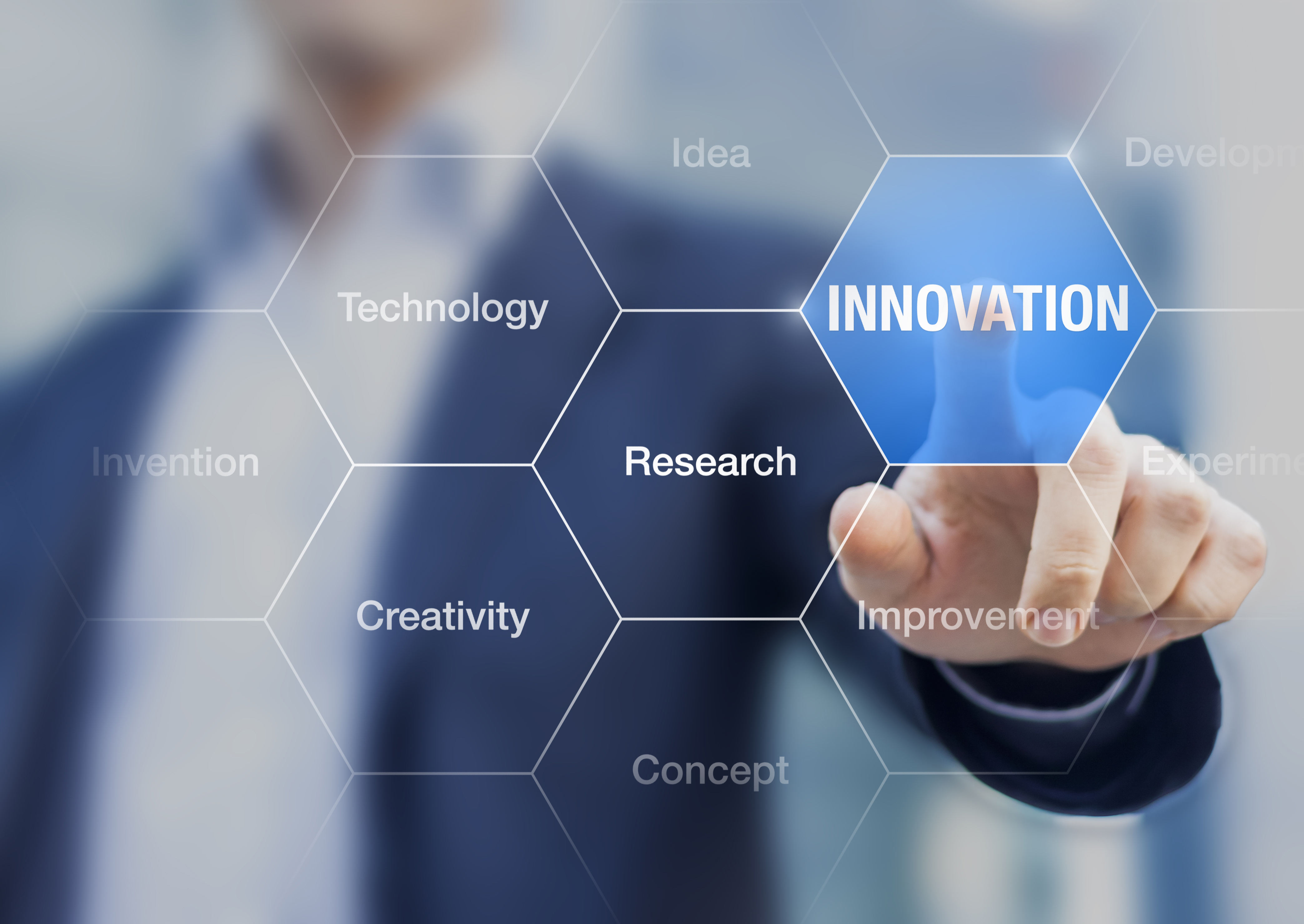There is pressure all around the world for lawyers to provide more services for less cost. There are more regulations and risks and disputes that require legal assistance, but clients are not willing to pay for it to be completed under the traditional manner. Clients look at their flat screen television and see how much bigger and better it is than the screen that they had but a year ago, and wonder why their lawyer cannot likewise improve. The tropical storm of innovation that has long been gathering and hanging heavy above the legal profession has begun to burst, and with it will come a watering of gardens for well-placed practitioners, an unpleasant dampening for those out in the rain, and a relief at the sudden change in humidity from the general public.
Besides being the latest synergistic buzzword, what is innovation? It is merely a new idea. There is however, two types: sustaining innovation and disruptive innovation.
Sustaining Innovation
Sustaining innovations improve the performance of established products, along the dimensions of performance that mainstream customers in major markets have historically valued. Most technological advances are sustaining in character.
Sustaining technologies in the law have been such things as the personal computer, electronic research, firm management software and various forms of electronic communication. But as beneficial as these things are none of them are truly disruptive. The same law is done, but just in increasingly efficient ways.
The next wave of sustaining innovation includes such things as improved firm management software, subcontracted ‘virtual’ law firms, legal referral services, outsourcing, semi-permanent in house counsel and client communication tools. I hesitate to name any examples, for no doubt each wishes to characterize themselves as being ‘disruptive’. But in my view, a business model behind which there is ultimately a lawyer providing legal services will always be ‘sustaining’ rather than ‘disruptive’ innovation.
Disruptive Innovation
On the other hand, disruptive technologies bring to a market a very different value proposition than had been available previously. Generally, disruptive technologies underperform established products in mainstream markets. But they have other features that a few fringe (and generally new) customers value. Products based on disruptive technologies are typically cheaper, simpler, and, frequently, more convenient to use. For example, digital photography began as cheap and poor quality substitute for film photography. But over time its quality improved, and now has relegated film to a niche market.
Disruptive innovation in the law is the automation of the provision of legal services. That is, where the core legal services are no longer performed by a person. Of course one example of that is the online document generators. Most others involve some form of Artificial Intelligence (AI), which I shall come to shortly.

– Ailira at the National Tax Convention 2016
The possibly for automation is greatly underappreciated. Imagine a future where an inquisitorial style Robot Judge automatically gathers facts for the case before it, sorts the information for relevance and generates documents from them, gives advice on the application of those facts and then makes a legally binding decision. Inconceivable? Perhaps consider that for a number of years the Australian Taxation Office has collected data on all taxpayers from a variety of sources, electronically pre-collated this data, given advice on the application of tax law as a taxpayer reviews that data, and then electronically generated a decision that grants legal rights and obligations. And the ATO does this millions of times each year. If a lumbering behemoth such as the ATO can embrace technological innovation, then surely the legal profession can too.
This article was originally published in the June 2016 Law Society Bulletin.
Future of Law Part 2: Why Lawyer’s Aren’t Innovating and How They Can
Future of Law Part 3: Artificial Intelligence
Adrian is the Creator of Ailira, the Artificial Intelligence that automates legal advice and research, and the Principal of Cartland Law, a firm that specialises in devising novel solutions to complex tax, commercial and technological legal issues and transactions.
www.Ailira.com www.CartlandLaw.com

